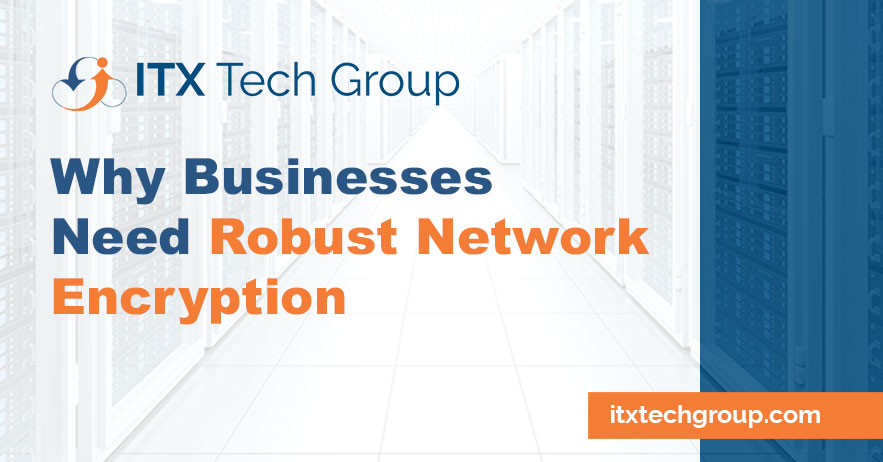In today’s interconnected world, data flows freely across networks, enabling seamless communication and collaboration. However, this convenience comes with a cost – the risk of data interception and breaches.
Network encryption emerges as a formidable solution to counter this threat, ensuring that sensitive information remains confidential during transit.
In this article, we’ll delve into the concept of network encryption, its significance in safeguarding data, and why businesses should prioritize robust encryption to protect their digital assets.
Deciphering Network Encryption
Network encryption is the process of transforming data into a secure, unreadable format during transmission.
This transformation, achieved through complex algorithms, ensures that only authorized parties possessing the decryption key can access and understand the original data.
In essence, encryption creates a protective shield around data as it traverses networks, safeguarding it from unauthorized interception and exposure.
Why Robust Network Encryption is Essential for Businesses
Data Protection
In an era marked by cyber threats and data breaches, businesses cannot afford to overlook the importance of data protection.
Robust network encryption acts as a bulwark against cybercriminals seeking to eavesdrop on sensitive communications, ensuring that even if intercepted, the data remains indecipherable.
Confidentiality and Privacy
Businesses handle a vast amount of sensitive data, from customer information to proprietary strategies. Robust network encryption guarantees that this information remains confidential, preserving customer trust and preventing competitive intelligence leaks.
Regulatory Compliance
Many industries are subject to stringent data protection regulations such as GDPR, HIPAA, and PCI DSS. Encryption plays a pivotal role in ensuring compliance by securing data in transit, thereby mitigating legal and financial risks.
Securing Remote Work
The rise of remote work has expanded the network perimeter beyond traditional boundaries. Robust network encryption allows remote employees to securely access corporate resources, reducing the risk of data leakage or interception over public networks.
Mitigating Insider Threats
While external threats are a concern, insider threats are equally significant. Encryption ensures that even employees with access to the network cannot interpret intercepted data, adding an extra layer of protection against internal breaches.
Preserving Brand Reputation
A single data breach can tarnish a business’s reputation and erode customer trust. Robust network encryption helps prevent data breaches, preserving the brand’s integrity and fostering loyalty among customers and partners.
Types of Network Encryption
Two common types of network encryption include:
- Transport Layer Security (TLS)/Secure Sockets Layer (SSL): These protocols encrypt data between a user’s browser and a web server, ensuring secure data exchange during online transactions.
- Virtual Private Networks (VPNs): VPNs establish encrypted tunnels between devices and corporate networks, providing a secure channel for remote access and communication.
Conclusion
In a digital landscape fraught with cyber threats, network encryption emerges as a steadfast pillar of data protection.
Its ability to shield sensitive information during transit not only prevents interception and breaches but also upholds regulatory compliance, secures remote work, and safeguards brand reputation.
Businesses that prioritize robust network encryption demonstrate their commitment to maintaining the trust of customers, partners, and stakeholders, solidifying their position in an interconnected world where data protection is paramount.
ITX Tech Group has been serving small, medium, and large scale businesses with their IT support needs all over the United States since 2011, so we’re confident we can provide you with affordable, professional IT solutions for years to come!
Connect with us for a free consultation to discuss your business technology needs.
 Existing Customers:
Existing Customers:  Sales Inquiries:
Sales Inquiries: 
